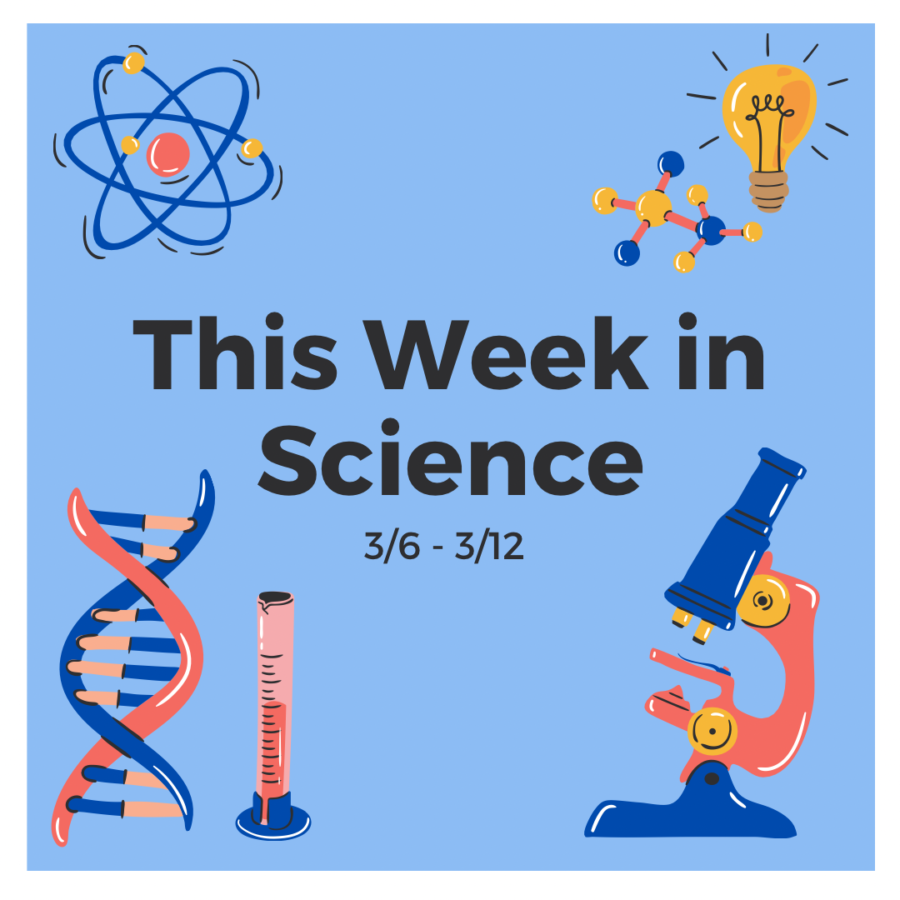This Week in Science: 3/6 – 3/12
March 20, 2023
Newly Discovered Enzyme Turns Air Into Energy
(Biology)
Scientists in Australia have discovered an enzyme that can turn air into electric energy. The discovery was published in the top journal Nature last week. The research team, led by Dr Rhys Grinter, PhD student Ashleigh Kropp, and Professor Chris Greening from the Monash University Biomedicine Discovery Institute (BDI) in Melbourne, Australia, produced and analyzed a hydrogen-consuming enzyme from a common soil bacterium.
“We’ve known for some time that bacteria can use the trace hydrogen in the air as a source of energy to help them grow and survive, including in Antarctic soils, volcanic craters, and the deep ocean,” Professor Greening said. “But we didn’t know how they did this, until now.”
In this Nature paper, the researchers extracted the enzyme responsible for using atmospheric hydrogen from a bacterium called Mycobacterium smegmatis. They showed that this enzyme, called Huc, turns hydrogen gas into an electrical current.
Dr Grinter notes “Huc is extraordinarily efficient. Unlike all other known enzymes and chemical catalysts, it even consumes hydrogen below atmospheric levels — as little as 0.00005% of the air we breathe.” However, this enzyme is able to make energy just off of this small amount.
Orca Pod Seen Caring for a Baby Pilot Whale
(Zoology and Ecology)
Last week, a research team based out of Iceland spotted an orca caring for a baby pilot whale. Their findings were published in the Canadian Journal of Zoology.
Orcas, also often called killer whales, can be found in most oceans, being the largest toothed whale in the world, measuring over thirty feet in length. Their name, killer whale, comes from the fact that they often eat other whale species, whether they be smaller dolphins or larger baleen whales. However, they often don’t have long lasting relationships with other whale species, like the pilot whale. Pilot whales are the second largest toothed whale in the world, and they often are seen traveling in large pods just like the orcas, with the two species being genetically similar. Just like their larger relatives, they often do not take care of other species.
The researchers, based out of the West Iceland Nature Research Center, Orca Guardians Iceland, and Dalhousie University, were only able to observe the orca and pilot whale for a short time, with the fate of the calf being unknown.
Sources












